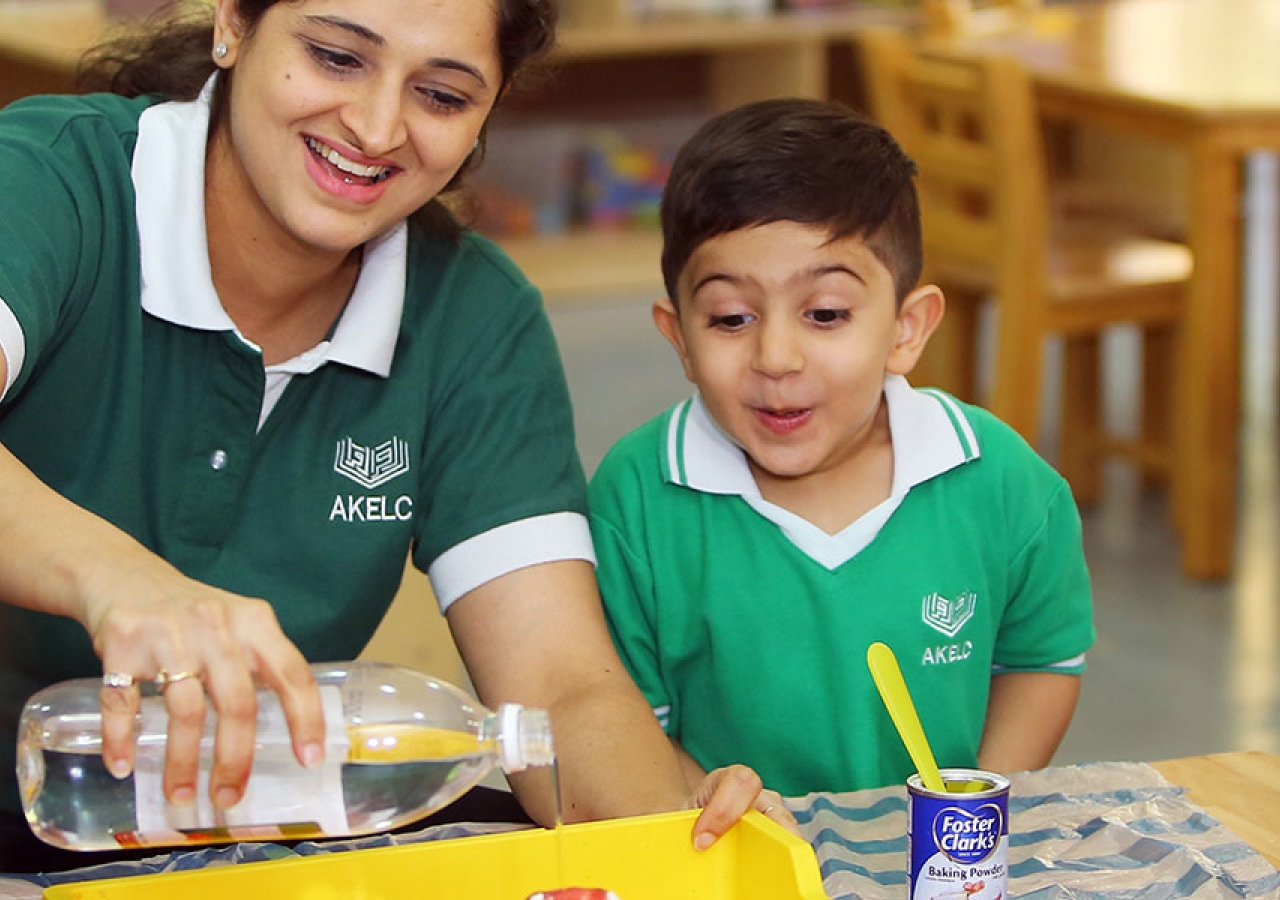Early Childhood Education and Development has finally made it to the forefront of social consciousness and educational policy, defying the common misperception that children should simply spend their first five years playing.
As the brain is the command centre of the human body, distinctive parts of the brain are responsible for different abilities. Each newborn is equipped with brain cells that remain for life, but the connections between the brain cells are reinforced the most throughout their early years. Brain connections enable us to move, think, communicate and achieve nearly everything we set our minds to. Therefore, as these connections become more sophisticated, our brain continues to grow in more complex ways.
While genetics provide the initial foundation for growth, it is a child's everyday experiences and human connections that mould his or her brain which, in turn, provides the groundwork for future learning and development later in life. Whether the experience is positive or negative, a child's relationship with the adults in their lives have the most influential impact on their brain development. Fostering positive relationships with parents and providing optimal community environments have a significant impact on how the child matures.
A baby's brain begins to grow before birth and considerable 'wiring' happens within the brain throughout the early years, essentially scripting the child's development. A baby will learn about emotions between the ages of 2 and 6 months by seeing how you react to them and their emotions.
With young minds so in flux, successful educational tools can aid children with social skills, higher confidence levels, enhanced coordination and even greater inventiveness. A focus on teamwork, for example, enables children to think more broadly about social stances such as diversity and equality, enabling peaceful cooperation, teamwork and community-building from a young age. This is just one of the myriad of advantages of early childhood education.
The importance of educational institutions’ roles in this is not to be underestimated. As His Highness the Aga Khan said in his speech on the 25th anniversary of the Madrasa Early Childhood Development Programme in Kenya in 2007: “But we sometimes give too little attention to the schools which prepare young children for life itself - in all of its holistic dimensions. And yet the evidence accumulates steadily showing that an investment made in the earliest pre-school years can bring enormous dividends as a child proceeds from one level of education to another".
In response to His Highness’ advice, the Aga Khan Early Learning Centres (AKELC) across the globe focus on promoting culture, educational and social programmes for children aged 12 months to 4 years. They work to nurture creativity, child agencies and learning dispositions that enable children to believe in themselves and that they can learn anything, which goes on to become the very foundations we need our children to grow up with.
UC Berkeley psychologist Alison Gopnik calls attention to the fact that children’s minds are proven to be smarter, busier and faster than any adult’s in the book she co-authored - ‘The Scientist in the Crib: Minds, Brains and How Children Learn’ - which allows us to conclude that Early Childhood Development schools not only play a major role in increasing learning abilities by allowing better communication and engagement to flow through, but also establish a child’s social competence, cognitive skills, emotional concentration, well-being and the physical abilities needed for life resilience.
For more information on AKELC Programs, please visit - https://www.agakhanschools.org/UAE/AKELC/Index








